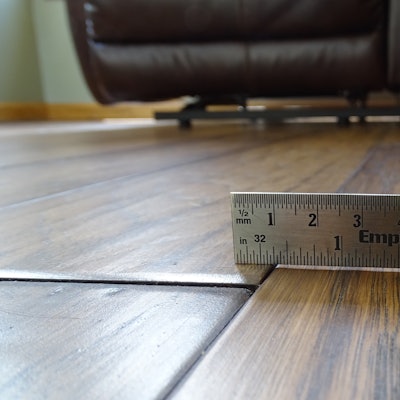
Parties often sign agreements without considering the chosen dispute resolution method. Will the parties go to court or use binding arbitration? All contractors should understand the pros and cons.
Arbitration Pros:
Speed. An arbitration proceeding can be faster than a district court suit. Court cases often take 12 months to reach a trial. In contrast, in a “fast track” arbitration through the American Arbitration Association (“AAA”), a hearing on a claim under $75,000 could occur within 45 days after the case is filed.
Potentially reduced costs. Since an arbitration can take less time than a court action, it can also be less expensive. The attorneys have less time to litigate and bill hours.
Experienced decision makers. Judges sometimes know little about construction projects and practices. Arbitrators in construction cases, however, are usually attorneys familiar with construction projects and construction law. This can be beneficial when complex issues and industry terminology and trade practices are involved.
Privacy. Court actions are of public record, meaning any person could review allegations in a court file. Arbitration proceedings are private.
Arbitration Cons:
No right of appeal. Arbitration decisions are final and may not be appealed to a higher authority, even if the arbitrator made the wrong decision, misunderstood the facts, or made a clear error in applying the law. Whereas, if a party thinks a judge made an error, an appeal could be made to a higher court to address it.
Lack of information. While a limited duration may reduce costs, it can also make proving your case more difficult. In a “fast-track” arbitration, the parties exchange documents shortly before the hearing, show up and “shoot from the hip.” The inability to analyze claims and discover information can be detrimental.
Potential for increased costs. While the attorneys’ fees in an arbitration might be less expensive, the AAA filing fees are much higher than court filing fees if contractors choose to file through the AAA. For construction claims under $75,000 dollars, AAA charges $1,725. Based on the size of the claim, the AAA filing fees could be as high as $65,000 and the parties must still pay the arbitrator. In contrast, a court filing fee is often around $500 and covers all of the judge’s time. If arbitration is chosen, I recommend stating that AAA dispute rules will be used but the parties will hire their own arbitrator, thus avoiding AAA fees.
Inability to process all claims. Arbitrators have limited authority to decide all claims. For example, construction or mechanic’s liens must be decided by a court in the county where the property is located. Therefore, if the parties agreed to binding arbitration, to pursue a lien the contractor must start two actions—an arbitration to decide the claims and a court action to enforce a lien.

































